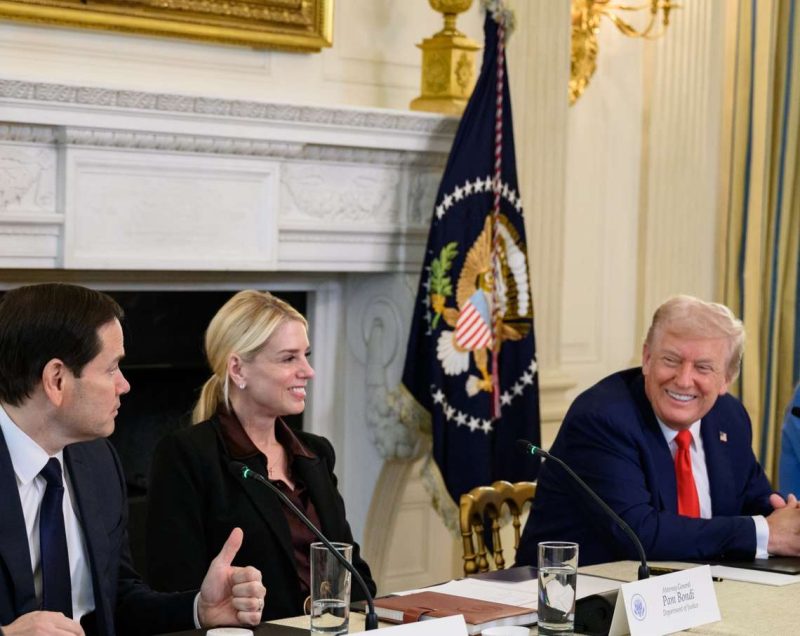The approval of the second installment of the IMF’s Extended Fund Facility (EFF) comes with 39 strict conditions…reports Asian Lite news
The Pakistani government has implemented several tough measures, including mandatory asset disclosures by civil servants and their families, to fulfil the conditions required to secure a USD 1.1 billion tranche from the International Monetary Fund (IMF), The Express Tribune reported on Monday.
The approval of the second installment of the IMF’s Extended Fund Facility (EFF) comes with 39 strict conditions, including asset disclosures by civil servants, the elimination of tax amnesties and exemptions, and the submission of a governance and corruption assessment report, as reported by The Express Tribune.
The IMF has outlined specific benchmarks, such as maintaining foreign exchange reserves equal to three months of import bills, meeting fiscal targets, and adjusting the public finance structure, The Express Tribune reported, citing sources. Other key reforms mandated by the IMF include keeping the difference between the open market and interbank exchange rates within 1.25 percent and ensuring that the State Bank of Pakistan’s foreign exchange reserves reach USD 8.65 billion by the end of the fiscal year.
The Ministry of Finance confirmed that the government must meet 22 specific points to qualify for the USD 1.1 billion installment. A key requirement is the deadline of February 2025 for civil servants to disclose their assets, The Express Tribune reported. The IMF also insists that no additional grants be given outside the budget and stresses the importance of fiscal discipline.
The agreement also focuses on reducing public sector liabilities, with a cap on outstanding government guarantees set at PKR 5.6 trillion. The IMF further mandates limiting power sector arrears to PKR 417 billion and managing tax refund backlogs to a maximum of PKR 24 billion as part of the government’s reform plan.
During a briefing to the National Assembly’s Standing Committee on Finance, Pakistan’s Finance Minister Muhammad Aurangzeb acknowledged the macroeconomic stability achieved in the past 14 months but emphasized the need to reduce the influence of intermediaries in addressing inflation. He also noted that the Economic Coordination Committee (ECC) was developing strategies to review food prices monthly.
The minister stressed that the current IMF loan agreement would serve as Pakistan’s final message to the international community, urging urgent reforms in taxation, energy, and population control. He also raised concerns about climate change, child stunting, and the increasing number of out-of-school children.
Aurangzeb mentioned at the end that Pakistan was working on a 10-year partnership framework with the World Bank, aimed at strengthening the country’s economic stability, and highlighted that improvements in the economy had already led to positive trends in the stock market. (ANI)
ALSO READ: Navy may ink Rs 90,000 cr deals for 26 Rafale, 3 Scorpene subs












